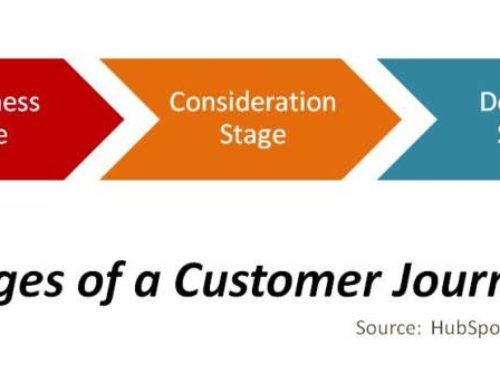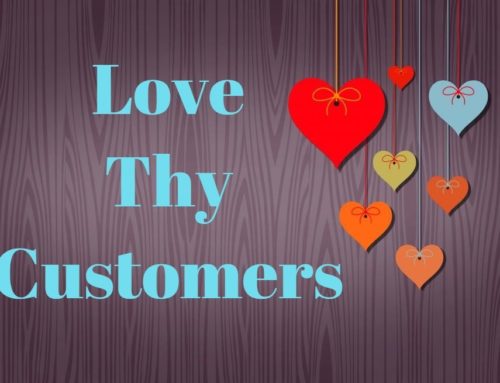What difference can a simple word or phrase make? All the difference in the world. Even if you deliver bad news or an response you know a customer won’t like, choose your words carefully. A little thought about how your words might be received can go a long way in softening the worst of news.
 My husband I decided to take an impromptu overnight trip. Nothing formal, no real plan, just get away. We drove about two and a half hours through heavy rain, thunder, lightning and highway construction. Not exactly relaxing, that’s for sure.
My husband I decided to take an impromptu overnight trip. Nothing formal, no real plan, just get away. We drove about two and a half hours through heavy rain, thunder, lightning and highway construction. Not exactly relaxing, that’s for sure.
Arriving at our destination, we found the storms had knocked out the electricity — no traffic signals, shopping areas were dark, as were all nearby restaurants. Working our way through the traffic mess along with a number of emergency vehicles, we finally arrived at our hotel. Of course, there were no lights at the hotel – or air conditioning. And, yes, that does mean the elevators were out. We had to lug our bags up the stairs to the fourth floor. Not the ‘fun’ getaway we hoped for so far.
The lights finally did come back on about an hour and a half later, and we found a place for a nice dinner. Exhausted, not just from the trip, but from life and work overload, we crashed for the night. Leave a wake up call? Heck no, this was a vacation. Unfortunately, we slept in… a very long time. The phone in our room rang at Noon, waking us both out of a dead sleep.
Here is where you need to choose your words carefully
My husband, who never, ever sleeps in past 9am answered. It was someone at the front desk first of all asking: Are you alright? (that was nice) Still half asleep, he responded: Yes. He was then asked if we were extending our stay. A routine question, I suppose. He politely explained we had evidently overslept and asked if we might have an extra hour for a late check-out? In a short, terse response, the hotel representative shot back to him: I can only give you until 12:30, (half an hour) then I’ll have to charge you for another night.
As business travelers. we often stay at this hotel chain and are both members of their loyalty program. Her response was not well received by a couple of groggy customers raised from deep sleep. You can be sure that our mood and love for the place did not improve as we flew out of bed, jumped into and out of the shower, threw on clothes, then disconnected and packed up laptops and a suitcase.
Even if this was their somewhat unreasonable policy — especially for members of their loyalty program — the desk clerk could have found a much better way to handle the situation. How hard would it have been to say that they were booked solid for the next night and needed to get the rooms cleaned quickly? Or, that the power outage had put them way behind schedule? The result may have been the same, but at least a logical reason would be offered.
The lightning from the storms was not the only firework display going off that day. Certainly a less confrontational response would have done more to keep loyal customers loyal. Some customer service training may well be in order. Customers are more likely to overlook a bad experience if you explain your limitations and choose your words carefully.







Thanks for the link to this. Yes, civil and kind communication would have worked so much better, I think they always do. Kindness is remembered long after as a surprise gift.
In our business, we treasure direct, and positive phone and face to face manners.
With lives moving at warp speed these days, too few people in front line positions take the time to think about what they are about to say and how it might be received by a customer. In today’s market, customers know there is a competitor nearby and don’t hesitate to move to the next option when they feel unappreciated. Even the lowest position on a company’s totem pole can have a significant impact on whether a customer goes or stays. Companies need to do more training to inform all of their employees how important their responses to customers can be. Yes, even at a fast food restaurant.
Terri,
Good post. I read a influence book once that said “because” is most powerful word in the english language. Would you do this because…, could you check out in 30 minutes because. People feel heard when there is a good reason the the request.
The author of the book was caldini. Don’t remember the title.
Sounds like a book all companies should make employees read, Ron. Sometimes employees on the front line don’t get any guidelines or training on how to deal with customers in thier ‘up front and personal’ positions. Often, it is younger employees who don’t have all that much real life experience, and they just don’t think about the importance of the words that flow our of their mouths. And, they often don’t see the importance of their position (any postion) in the grand scheme of their company.